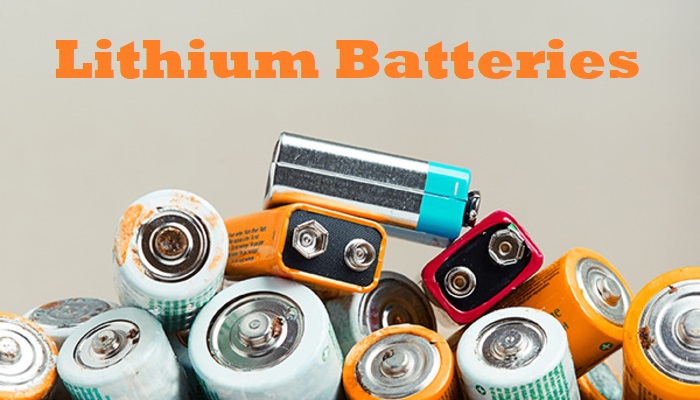New research when it comes to using artificial intelligence- AI so as to optimize lithium battery recycling could go on to see major environmental as well as economic benefits. It is well to be noted that scientists from the University of East London- UEL, the University of Lincoln, and Nex Power have gone on to develop a framework for making use of AI that promises to make it pretty easy so as to reuse lithium, which means less waste and, of course, much greater efficiency.
It is worth noting that the framework happens to serve as a valuable guide for researchers as well as practitioners who happen to be looking to integrate machine learning within this field. The research happened to focus on three major areas. One happened to be AI’s potential when it comes to predicting battery recycling viability as well as optimizing recycling processes. The other one examined how machine learning can go ahead and address engineering issues within recycling. The last area of research looked into how to make use of the framework itself so as to apply AI in order to make lithium battery recycling much more reliable and efficient.
One of the researchers involved in the project, Dr. Mohammad Hossein Amirhosseini, who is a UEL Senior Lecturer in Computer Science and Digital Technologies, opined that the work happened to be a major step forward,
The progressive use of lithium batteries within the electric vehicles, laptops, phones, as well as tablets has led to a very fast growing demand for the metal. The World Economic Forum goes on to forecast that demand for the same will grow sixfold by 2030, thereby making recycling even more significant than ever. However, traditional recycling methods go on to face significant challenges when it comes to greenhouse gas emissions, economic viability, as well as the recovery of valuable materials. So as to address these challenges, there is indeed a need to come up with efficient as well as scalable recycling processes.
Dr. Amirhosseini goes on to think that this is where AI can be of great help. He says that artificial intelligence happens to have the potential to revolutionize the approach when it comes to reusing vital minerals as well as battery metals like lithium, steering them towards an economy that is greener, more sustainable, and more efficient.
This freshly developed framework goes on to offer significant advantages vis-à-vis the erstwhile models. By offering more details on pre-processing, feature engineering, and assessment phases, it helps researchers with low technical skills go ahead and apply machine learning models within their analysis and product development.
It is well to be noted that the research was carried out by Dr. Amirhosseini in partnership with Dr. Alireza Valizadeh from NEX Power as well as Dr. Yousef Ghorbani from the University of Lincoln. Their paper named Predictive Precision in Battery Recycling: Unveiling Lithium Battery Recycling Potential through Machine Learning, happened to be published in the journal Computers & Chemical Engineering.





































